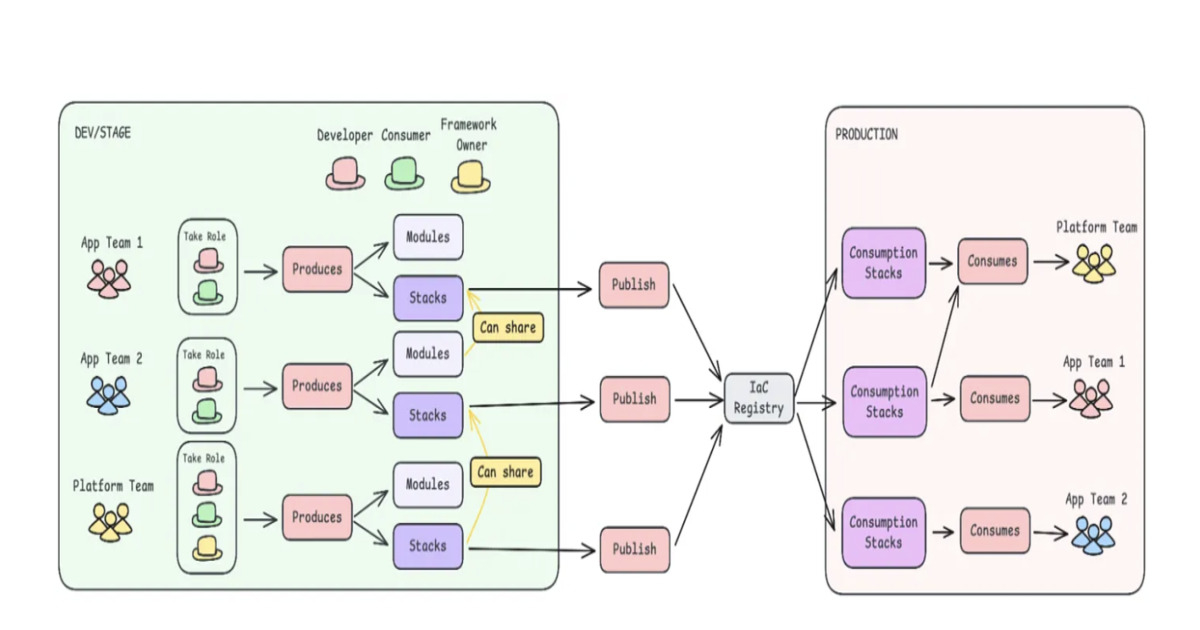Codetown
Codetown ::: a software developer's community
Setup project for multiple developers
Replies to This Discussion
-
Permalink Reply by Thomas Michaud on April 9, 2010 at 10:27am
-
Short Answer - Use Maven2 and Subversion (SVN).
Long Answer -
I recommend you use a Source Code Control program such as Subversion. All of your developers need to check code into and out of this.
Configure the subversion project with Maven2 (you could use Ant) to build a single war file.
Finally: You need to state to your developers you want a single WAR file for deployment. (And your developers should have already asked you how you want this deployed. Exploded WAR vs. Single (or multiple) WAR files. -
-
Permalink Reply by Jackie Gleason on April 9, 2010 at 11:22am
-
I agree with the previous poster except for one thing, I would add Hudson to the mix. Hudson is a very powerful tool that you can use to fire off whatever building you want to do using maven. So the steps would go something like this...
1.) User checks code into Subversion
2.) Hudson Recognizes the new commit and uses maven to build/run tests
3.) Hudson can then automatically deploy to whatever environment.
Of course you should also set up multiple environments so that commits are not automatically deployed to prod.
Long story short, research Maven, Subversion, and Hudson. -
-
Permalink Reply by Zemian Deng on April 9, 2010 at 1:35pm
-
These are basic infrastructure question, and I would suggest you re-use what's in your team's best talents first. Check with your team lead for his expertise in these area first. Everyone will have their own preference, and they work most efficiently with their strong areas. If you already got a team of 6, one would need to make decision for these and lead others to follow. Let the lead do what he does best with. If he is not good at it, he probably shouldn't be the lead in the first place.
With that said, I personally prefer a java development with these tools:
* Source Control: Mecurial (hg)
* BuildTool: Maven2 + Nexus Repository Manager
* Editor/IDE: JEdit and Eclipse with M2Eclipse plugin
* Project Management/Issue Tracker: Jira or Bugzilla
* Wiki: Confluence or MoinMoin
* BuiltServer: Hudson
Good luck with your team.
/Z -
Notes
Welcome to Codetown!
 Codetown is a social network. It's got blogs, forums, groups, personal pages and more! You might think of Codetown as a funky camper van with lots of compartments for your stuff and a great multimedia system, too! Best of all, Codetown has room for all of your friends.
Codetown is a social network. It's got blogs, forums, groups, personal pages and more! You might think of Codetown as a funky camper van with lots of compartments for your stuff and a great multimedia system, too! Best of all, Codetown has room for all of your friends.
Created by Michael Levin Dec 18, 2008 at 6:56pm. Last updated by Michael Levin May 4, 2018.
Looking for Jobs or Staff?
Check out the Codetown Jobs group.
InfoQ Reading List
Vue Router 5: File-Based Routing Into Core with No Breaking Changes

Vue Router 5.0 has integrated unplugin-vue-router into its core, enhancing file-based routing and TypeScript support. This transition release boasts no breaking changes, simplifies dependencies, and introduces experimental features like data loaders and improved editor tooling. Ideal for Vue.js developers, it positions itself as a bridge to the upcoming ESM-only version 6.
By Daniel CurtisPodcast: [Video Podcast] AI Autonomy Is Redefining Architecture: Boundaries Now Matter Most

This conversation explores why generative AI is not just another automation layer but a shift into autonomy. The key idea is that we cannot retrofit AI into old procedural workflows and expect it to behave. Once autonomy is introduced, systems will drift, show emergent behaviour, and act in ways we did not explicitly script.
By Jesper LowgrenGoogle Launches Automated Review Feature in Gemini CLI Conductor

Google has enhanced its Gemini CLI extension, Conductor, by adding support for automated reviews. The company says this update allows Conductor "to go beyond just planning and execution into validation", enabling it to check AI-generated code for quality and adherence to guidelines, strengthening confidence, safety, and control in AI-assisted development workflows.
By Sergio De SimoneFrom Central Control to Team Autonomy: Rethinking Infrastructure Delivery

Adidas engineers describe shifting from a centralized Infrastructure-as-Code model to a decentralized one. Five teams autonomously deployed over 81 new infrastructure stacks in two months, using layered IaC modules, automated pipelines, and shared frameworks. The redesign illustrates how to scale infrastructure delivery while maintaining governance at scale.
By Leela KumiliGoogle Publishes Scaling Principles for Agentic Architectures

Researchers from Google and MIT published a paper describing a predictive framework for scaling multi-agent systems. The framework shows that there is a tool-coordination trade-off and it can be used to select an optimal agentic architecture for a given task.
By Anthony Alford
© 2026 Created by Michael Levin.
Powered by
![]()